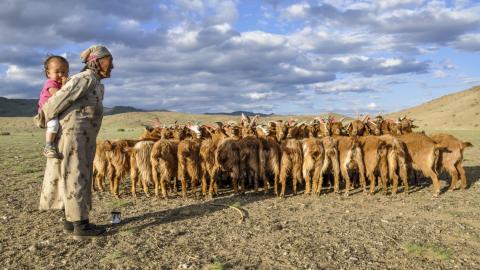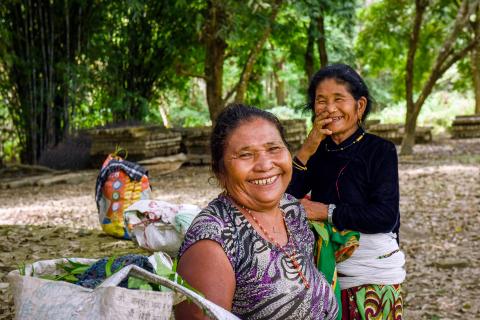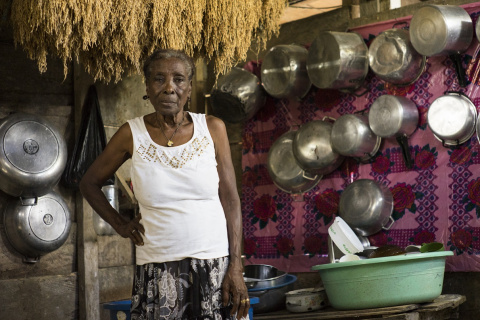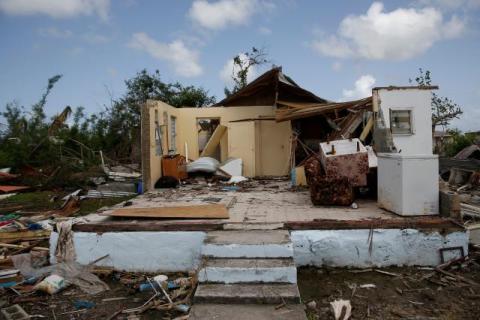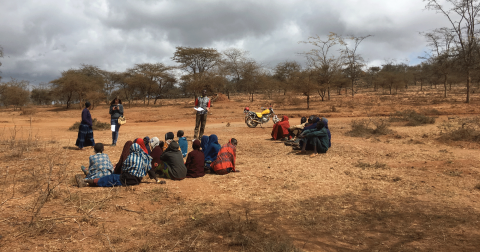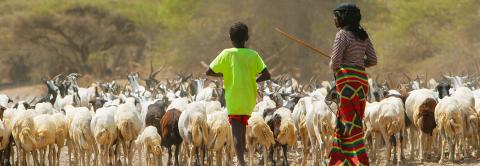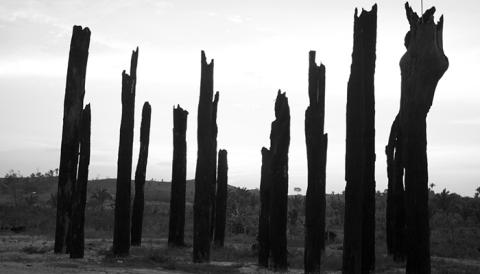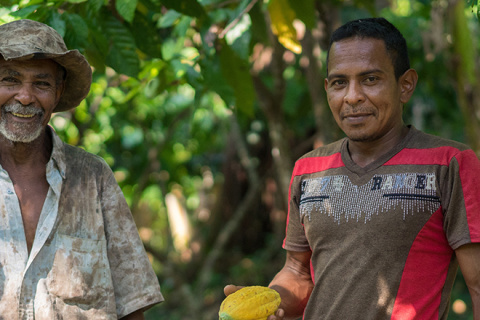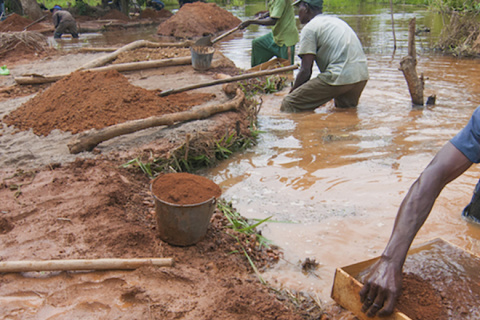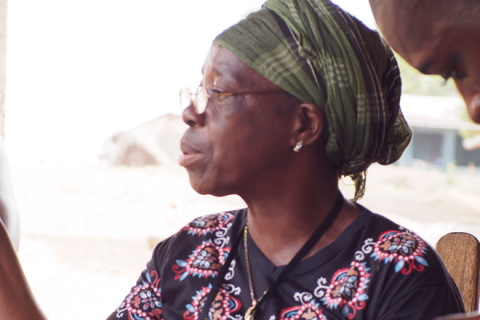Discover hidden stories and unheard voices on land governance issues from around the world. This is where the Land Portal community shares activities, experiences, challenges and successes.
 Follow our
Follow our
Sustainable Development Goals
Blog Series!
Interested in land corruption?
Follow our Land & Corruption Blog Series
for in-depth perspectives from the experts.
Issues
Geographical focus
This blog builds upon Harold Liversage's presentation during the Global Land Tools Network's seventh partners meeting, which took place in Nairobi, Kenya from 23-27 April, 2017. Harold Liversage is currently the Chair of the Global Donor Working Group on Land.
This week the Global Land Tools Network holds its seventh partners meeting in Nairobi, Kenya. Ahead of the meeting, PRIndex’s country engagement lead David Ameyaw explains how we will be working with agencies in more than 30 countries to lay the foundations for a global property rights conversation.
Security in our homes matters to all of us. PRIndex data helps show how it matters to countries too.
Por: Taran Volckhausen
On Wednesday, 6 September 2017, Barbuda, the less known sister isle of the popular resort island of Antigua, bore the full brunt of Hurricane Irma as it struck the Leeward Islands of the Eastern Caribbean. The island suffered near total destruction: 95% of the island’s buildings were damaged, 60% of the population were rendered homeless, and a 2-year-old child was tragically killed. Antigua, on the older hand, was relatively untouched.
By Jim Grabham (Mokoro Ltd, UK) with Ezekiel Kereri (HakiMadini, Tanzania), team members of the global Women’s Land Tenure Security (WOLTS) project.
Imagine you're a local sustainability officer developing an initiative to reduce emissions. But you don't know how many emissions the city produces, or where they're coming from. You don't know who the city's biggest energy users are, how many cars are on the road, or the amount of waste produced every year. And even if you can set goals for reducing emissions, you have no way of measuring progress against them.
New technology has unleashed a wave of opportunities to secure formal land rights for hundreds of millions of people, but it is not a solve-all solution in countries with weak institutions, said a senior World Bank economist.
Satellite imagery, drones, cloud computing and blockchain are among technologies with the potential to help many of the world’s more than 1 billion people estimated to lack secure property rights, said the World Bank’s Klaus Deininger.
First global benchmark for measuring and reporting land information aims to improve tenure security and enable fair compensation
The potential for conflicts related to large-scale land acquisitions could be cut down significantly if seven key pieces of information are included in every property transaction, land professionals say.
Desde la invasión de las Américas –lo que es conocido como “descubrimiento” – por los colonizadores europeos, el conflicto por la tierra siempre fue una constante en la historia de estos territorios. Indígenas, pueblos originarios, campesinos y comunidades quilombolas[1], entre otros actores que luchan por el derecho a la tierra, son el cuerpo resistente al proceso de colonización que nunca terminó.
The history of land rights in Colombia is a centuries-old tale of colonialism, highly concentrated land ownership and unsuccessful agrarian reforms. Fifty years of civil strife have left vast sections of the country’s land undocumented, vulnerable to land record manipulation and outright lawlessness.
The artisanal mining sector in West and Central Africa is a rapidly expanding economic force employing millions of young people, often those who are the most vulnerable. Numerous ancillary informal economies are associated with the export of what are commonly known as “conflict minerals” such as diamonds, gold and coltan. Women grow crops and process food for the labor force of young men digging deep into the ground to pull out the ore and precious metals and stones.
Addressing gender disparities in the context of land reforms is not easy. Effectively addressing gender issues takes time and effort, which can sometimes make it more expensive in the initial stages of a project or program. However, evidence shows that integrating gender throughout land reform interventions not only increases benefits for women, but strengthens the intervention overall. Meaningfully including gender into land reform approaches often requires a change in behavior among decision-makers and program participants that, in some cases, may take years, even decades.

